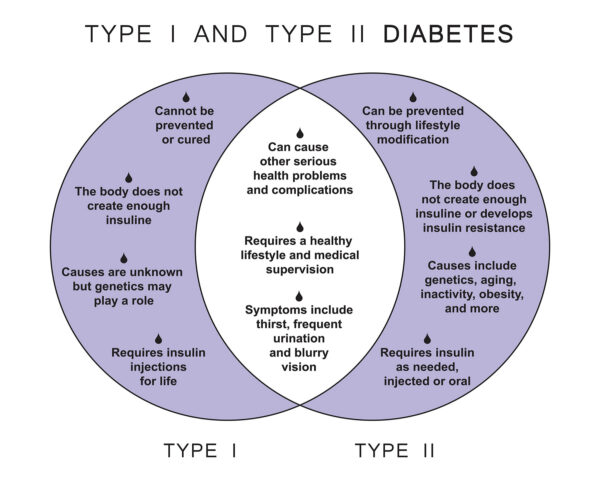Understanding Pineapple in a Diabetic Diet
Pineapple, a sweet tropical fruit, is often a subject of debate in diabetic diets. Understanding how pineapple affects blood sugar levels is key to incorporating it safely into a diabetes management plan.
Pineapple’s Glycemic Index
Pineapple has a medium glycemic index (GI), which means it can raise blood sugar levels more quickly than low-GI fruits. However, this doesn’t necessarily mean it’s off-limits for people with diabetes.
Portion Control is Crucial
The key to including pineapple in a diabetic diet is portion control. A small serving of pineapple can be a part of a balanced diet without significantly impacting blood sugar levels. It’s important to monitor your body’s response and adjust portions accordingly.
Nutritional Benefits of Pineapple
Despite its sugar content, pineapple offers nutritional benefits. It’s rich in vitamin C, manganese, and contains an enzyme called bromelain, known for its anti-inflammatory properties.
Combining Pineapple with Other Foods
Combining pineapple with foods high in fiber, protein, or healthy fats can help slow the absorption of sugar and reduce the impact on blood sugar levels. For example, pairing a small serving of pineapple with cottage cheese or Greek yogurt can be a balanced snack option.
Fresh vs. Canned Pineapple
Choose fresh pineapple over canned varieties, as canned pineapple often contains added sugars or syrups. If canned pineapple is your only option, look for versions canned in their own juice rather than syrup and drain the juice before consumption.
Frequency of Consumption
Incorporate pineapple into your diet occasionally, rather than daily, to prevent consistent spikes in blood sugar. Always keep track of how often you consume high-GI fruits.
Alternative Low-GI Fruits
If you’re concerned about the impact of pineapple on your blood sugar, consider lower-GI fruits like berries, apples, or pears. These fruits can satisfy a sweet craving with a smaller effect on blood sugar.
Consultation with Healthcare Providers
Consult with a healthcare professional or a dietitian to determine how best to include pineapple in your diet. They can provide guidance based on your overall health, medication regimen, and blood sugar control.
Enjoying Pineapple in Moderation
Pineapple can be a part of a diabetic diet when consumed in moderation and as part of a well-balanced meal plan. By understanding its impact on blood sugar and practicing portion control, people with diabetes can enjoy the sweet taste of pineapple while managing their condition effectively.






